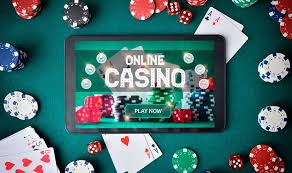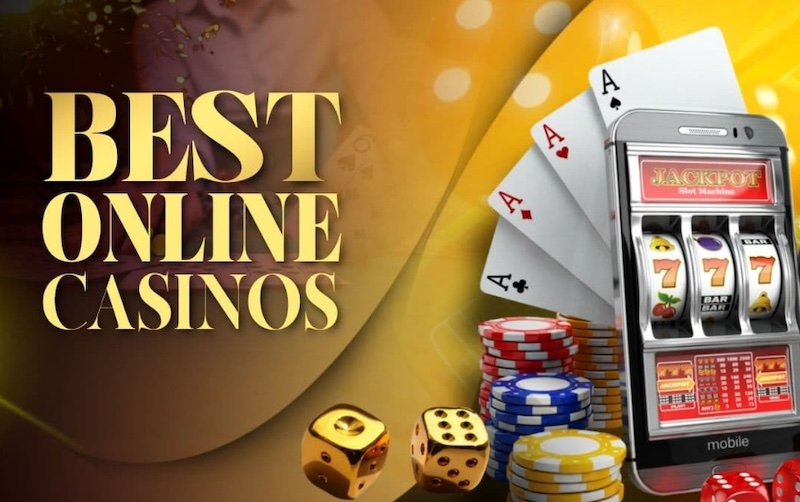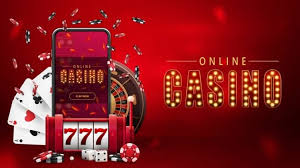
The Mythos and Legacy of Loki: The Trickster God
Loki, one of the most intriguing characters in Norse mythology, embodies the essence of chaos and mischief. As the god known for his cunning, Loki plays a pivotal role in many stories from the Norse sagas, showcasing a complexity that has made him a subject of fascination for centuries. From the ancient tales to modern-day adaptations, such as those seen in Marvel movies and series, Loki’s legacy endures. In contemporary discussions, including cultural references and gaming, he remains a prominent figure, found even in places like Loki https://loki-online-casino.com/. This article explores the multi-faceted nature of Loki, delving into his origins, myths, and the lasting impact he has had on both ancient and modern storytelling.
Origins of Loki
Loki’s origins are somewhat enigmatic. Unlike many of the other gods in Norse mythology, Loki is often considered a figure outside the conventional pantheon. He is described as a Jötunn (giant) by birth, although he familiarizes himself with the Aesir gods, marrying into their family through his bond with Odin. His parentage includes the primal giant Fárbauti and the goddess Laufey, creating a unique blend of chaos and divinity. Loki’s role as a shape-shifter allows him to transcend the boundaries of his identity, a characteristic that reflects his trickster nature and emphasizes his complex relationship with the other gods.
Loki in Norse Myths
Throughout Norse mythology, Loki appears in numerous myths, often causing trouble for the other gods. One of the most famous tales is about the theft of Thor’s hammer, Mjölnir. Loki’s cunning plan to retrieve the hammer showcases his intellect and ability to manipulate situations. However, his schemes often lead to dire consequences, illustrating the duality of his character: both a helper and a hindrance to the gods.

Another notable myth involving Loki is the death of the beloved god Baldr. After orchestrating Baldr’s demise through a trick involving mistletoe, Loki finds himself at odds with the other Aesir gods, eventually leading to his punishment. The gods capture Loki and bind him with the entrails of his own son, Nari, while a serpent drips venom onto his face, exemplifying the severe repercussions of his trickery.
The Symbolism of Loki
Loki symbolizes the duality of creation and destruction. He represents both the unpredictable forces of nature and the essential chaos needed for life to flourish. This duality is reflected in the themes of balance within Norse mythology. While the Aesir gods often embody order and justice, Loki’s presence emphasizes the importance of humor, surprise, and the unpredictable nature of existence. As humanity seeks to understand the world, Loki serves as a reminder of the inherent unpredictability of life, challenging the status quo and advocating for change through his mischievous acts.
Loki’s Influence on Modern Culture
In recent years, Loki’s popularity has surged, particularly through his portrayal in the Marvel Cinematic Universe (MCU). Played by Tom Hiddleston, Loki has become a fan-favorite character, showcasing layers of complexity that resonate with audiences. The MCU presents a reimagined Loki—one who oscillates between villainy and heroism, ultimately leading him on a journey of self-discovery.
Beyond the screen, Loki’s influence permeates various aspects of popular culture, including literature, video games, and even casino gaming. His character enriches narratives across genres, demonstrating a timeless appeal that continues to captivate imaginations. Notably, many online platforms and games incorporate Loki-inspired themes and characters, blending myth with modern entertainment, making him accessible to new generations.

Psychological Perspective of Loki
From a psychological standpoint, Loki embodies the archetype of the trickster, a figure present in various cultures that challenges societal norms and expectations. This archetype serves a vital function in storytelling, representing the human psyche’s desire to rebel against conformity. In many ways, Loki invites individuals to embrace their true selves, including the darker aspects of their personalities, which society often suppresses.
Additionally, Loki’s fluid identity resonates with contemporary discussions about gender and sexuality. His shape-shifting abilities allow him to transcend traditional boundaries, challenging rigid roles and encouraging acceptance of diversity. As society becomes increasingly aware of the complexities of identity, Loki serves as a powerful symbol for those embracing their unique journeys.
Conclusion: The Enduring Legacy of Loki
Loki remains an enduring symbol of complexity, chaos, and the human experience. As mythology and modern storytelling intertwine, his character continues to evolve, reflecting changing societal values and perspectives. Whether as a trickster in ancient tales or a beloved anti-hero in contemporary media, Loki’s legacy highlights the importance of embracing chaos as a catalyst for growth and transformation. In every myth and adaptation, Loki invites audiences to revel in the unpredictable and celebrate the richness of life.
In conclusion, Loki challenges us to question our understanding of morality, identity, and the narratives we construct about ourselves and the world around us. His legacy is one of mischief and insight, reminding us that within chaos lies the potential for creativity and renewal.
